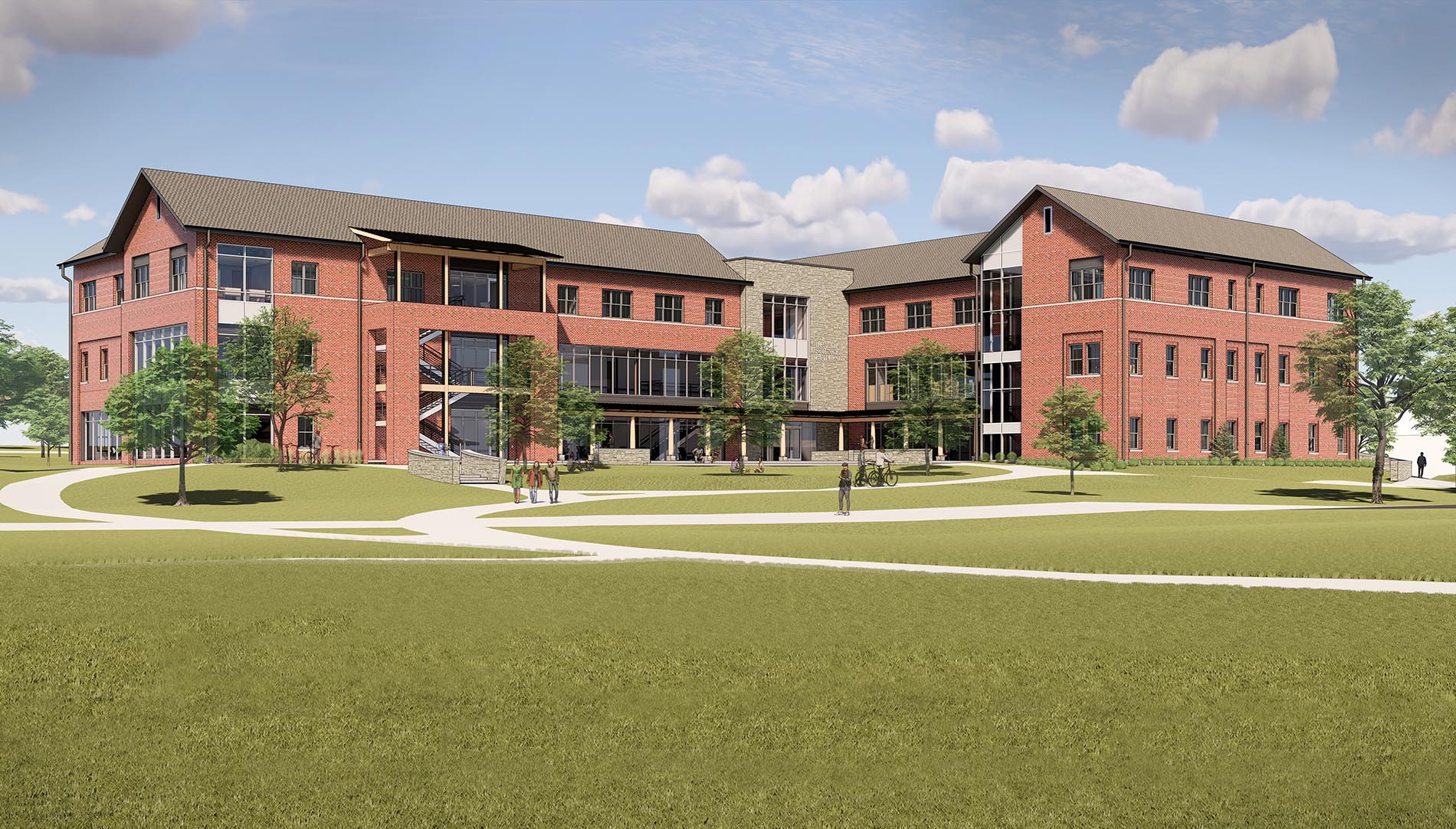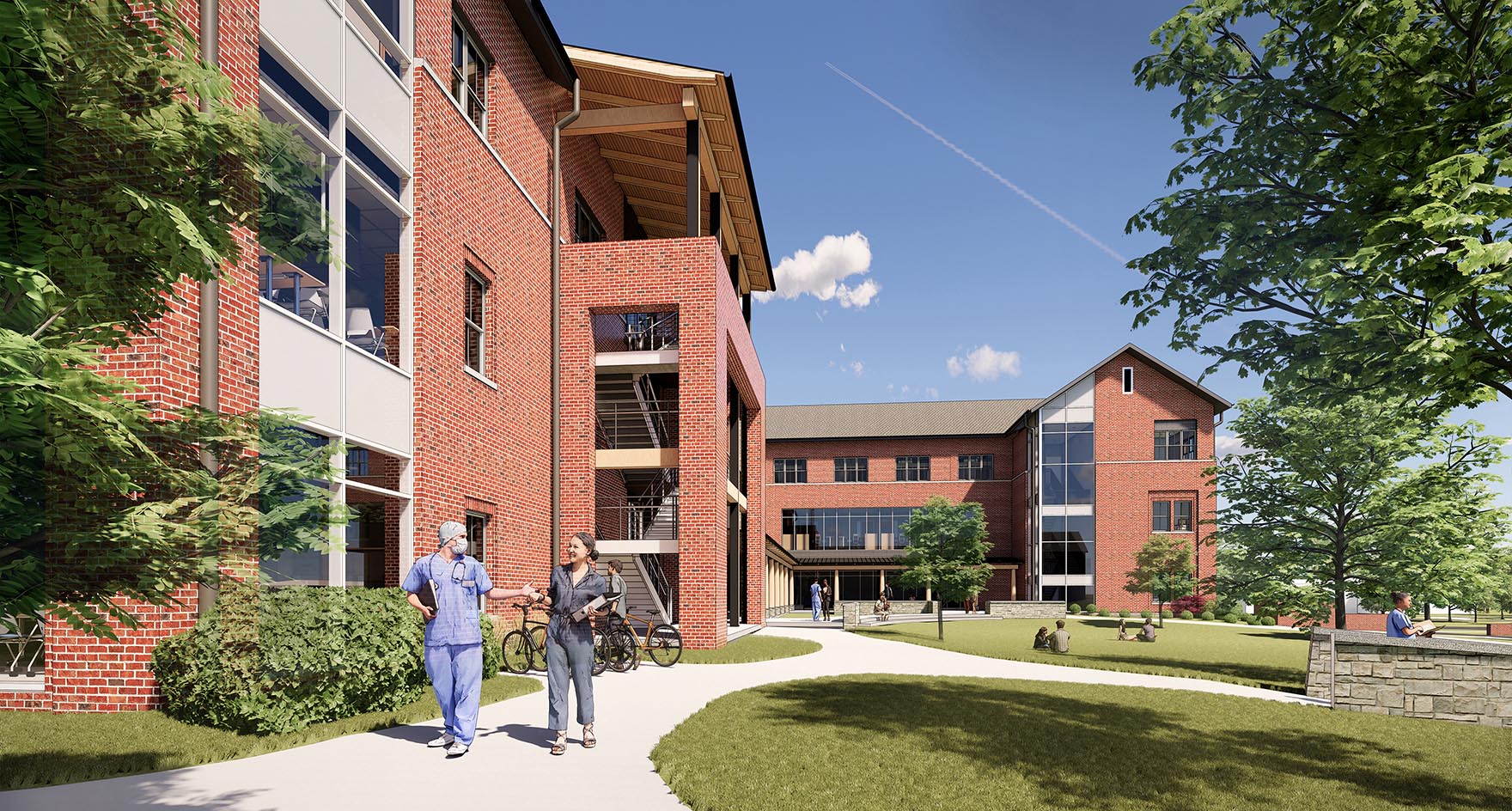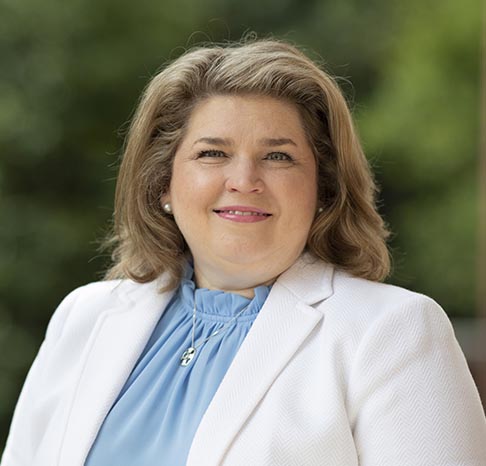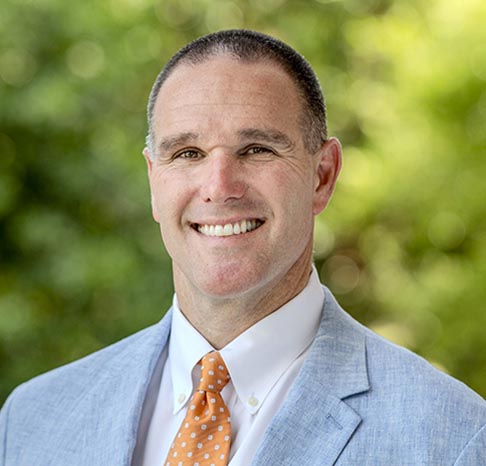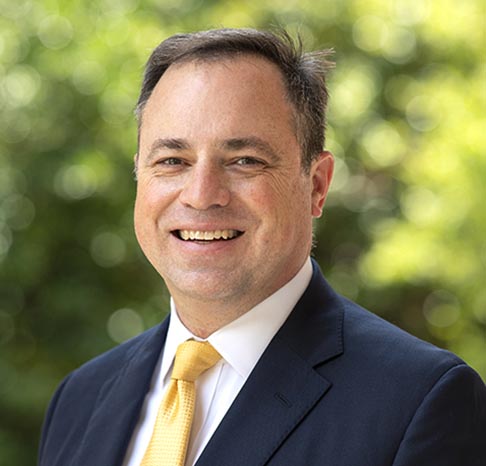Construction will begin spring 2024 on a new home for Berry’s growing programs in the health sciences. The facility, projected to cost $33.4 million, will include 36,000 square feet of academic space supporting the college’s high-performing baccalaureate nursing program and a soon-to-launch graduate-level physician associate program. There also will be an additional level of housing for the general student population.
Fundraising has been swift, led once again by Atlanta philanthropist and longtime Berry supporter Audrey B. Morgan, who made a lead gift of $6 million in January 2023. Other alumni, board members, friends and foundations have followed suit, bringing the total raised to $23.5 million as of Dec. 1, 2023.
Top commitments to date include $5 million gifts from the Bryson Foundation and a longtime foundation partner and $1 million each from Randy and Nancy Berry, Larry and Mary Montgomery, and two anonymous supporters (one a Berry alum).
Based on this progress, college leaders have set a goal of completing all fundraising for the building before it opens. To join this effort, you can make a gift at alwaysberry.com/gift. Those interested in naming opportunities associated with the project should contact Scott Breithaupt (91C, 96G) at sbreithaupt@berry.edu or 706-346-0049.
Room to grow
Groundbreaking is slated for late March, with occupancy expected in summer 2025. The site is located near the heart of campus, bordered to the west by the Moon Building and to the north by the Cage Center. National architecture firm Cooper Carry and general contractor Brasfield & Gorrie, partners on other projects including the animal science building, are working on the facility.
The design features high-quality laboratories and classrooms emphasizing hands-on learning. High-fidelity simulation suites, standardized patient rooms and a mock operating room will be located alongside teaching areas, skills labs, and spaces for individual and collaborative study. The third floor will provide housing for 75 undergraduates, alleviating Berry’s need for additional residential capacity in a way that is both cost-effective and space-maximizing.
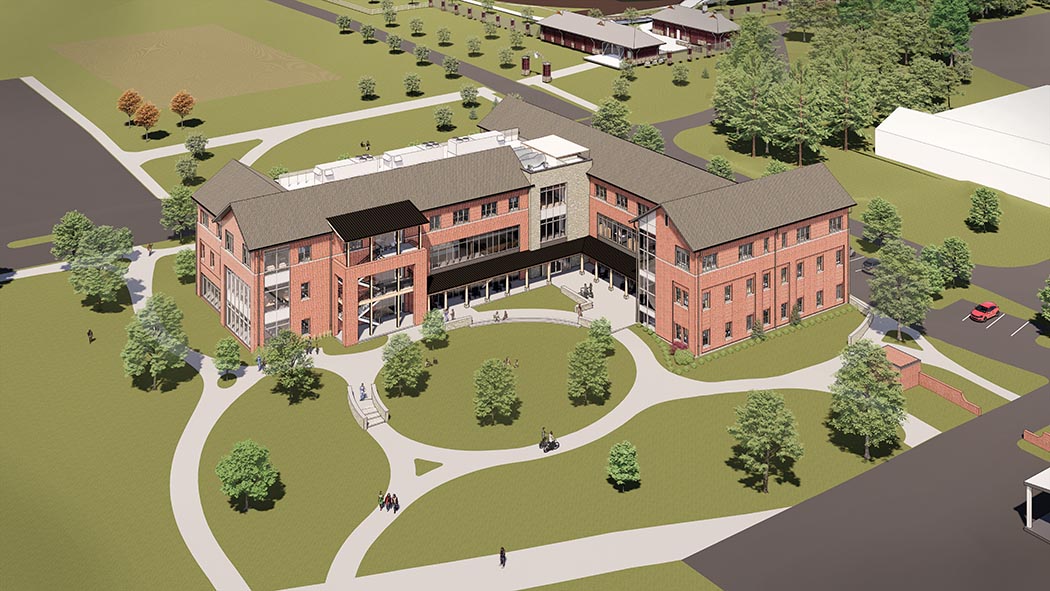
Foundation for expansion
The new academic spaces will prioritize opportunities in the health sciences at a time when nearly 57 million Americans live in areas without adequate access to primary care. Berry’s location near Rome – a regional health care hub for more than a century – makes this a natural fit, enabling the college to strengthen existing partnerships while equipping students in both programs with the knowledge, expertise, character and passion necessary to provide high-quality, patient-centered care.
“Success in today’s health care environment requires rigorous science-based education coupled with strong critical-thinking and problem-solving skills, dedication to meeting the needs of others through service, and commitment to hard work and leadership,” said President Steve Briggs. “These are qualities for which Berry graduates have long been recognized, and they align perfectly with Berry’s signature education of the head, heart and hands.”
Growth in the health sciences will begin with the college’s nursing program, with plans in place to double the number of graduates over the next five years. Established in 2013, this program boasts formidable rates for job placement and employer satisfaction, both topping out at 100%.
Berry also will expand its graduate-level offerings, adding a PA program to existing opportunities in business and education. Expected to welcome its first students for the 2025-26 academic year (pending approval through the accreditation process), this first-of-its-kind program in Northwest Georgia will produce PA graduates eligible to become board-certified, licensed clinicians. They will have the opportunity to learn and train across the region and beyond.
Learn more about Berry's expansion in the health sciences by reading President Briggs' new essay.
Call for clinical preceptors
A vital element of Berry’s new physician associate program will be the hands-on clinical rotations developed and overseen by “clinical preceptors” at health care facilities locally, regionally and nationwide. If you are a licensed and board-certified physician, physician assistant/associate or nurse practitioner, there’s an opportunity for you to serve as a clinical preceptor.
Core rotations are needed in the areas of pediatrics, obstetrics/gynecology, family medicine, internal medicine, behavioral medicine and mental health, emergency medicine, and general surgery with the possibility of elective rotations in other medical and surgical specialties.
To learn more about this unique opportunity to serve future Berry PA students, please visit alwaysberry.com/preceptor and complete the online form. Questions may be directed to Beth Jackson Gaines (94C) at bgaines@berry.edu.
